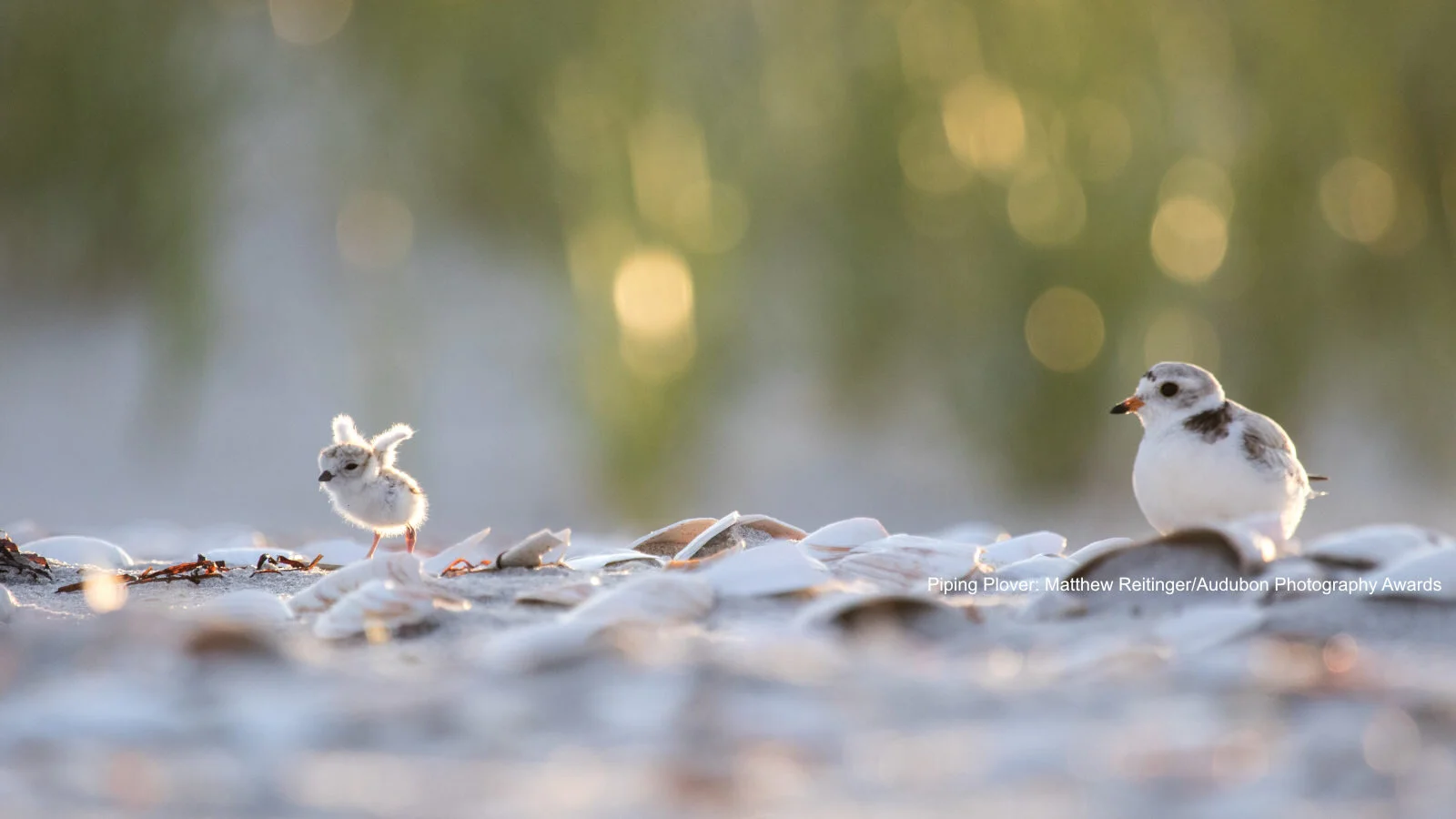Melissa Groo/Audubon
Photography Awards
Each year, large numbers and varieties of shorebirds and seabirds travel along the Atlantic of North America. These birds spend their winters in the southern US, Caribbean, and South American, then head north in the spring to breeding ground in the United States and Canada. In late summer, these travelers, joined by the young of the year, begin the return trip to warmer climates. Beaches, islands, and inland lakes and rivers provide valuable winter, stopover, and breeding habitat.
Join Corrie Folsom-O’Keefe for this presentation during which participants will learn about some of these amazing migrants, the threats that they face annually, and management activities and programs that Audubon and partners have pioneered to reduce these threats. We will finish up with actions that you can take while visiting coastal habitats this summer that can help these beautiful birds reach their destinations and successfully raise their young.
Corrie Folsom-O’Keefe is the Director of Bird Conservation for Audubon Connecticut, the state office of the National Audubon Society. In this position she oversees Audubon’s coastal stewardship and resilience efforts. Corrie leads the Audubon Alliance for Coastal Waterbirds, which assists the Connecticut Deptartment of Energy and Environmental Protection’s Wildlife Division with the management of the Piping Plover and other beach-nesting birds. She also co-leads the WildLife Guards and Salt Marsh Stewards programs which educates, mentors, and employs Bridgeport, West Haven, and Stratford high school students as coastal bird stewards. This past year, Corrie also oversaw a 33 acre salt marsh restoration project at the Great Meadows Marsh, a unit of the Stewart B. McKinney NWR.
Corrie completed her master’s degree at Connecticut College. She has conducted field work involving birds in Belize, the Bahamas, Nova Scotia, the Farallon Islands, and Connecticut; gained significant experience as an educator while employed at The Children’s Museum; and enjoys flying airplanes and playing mandolin.


